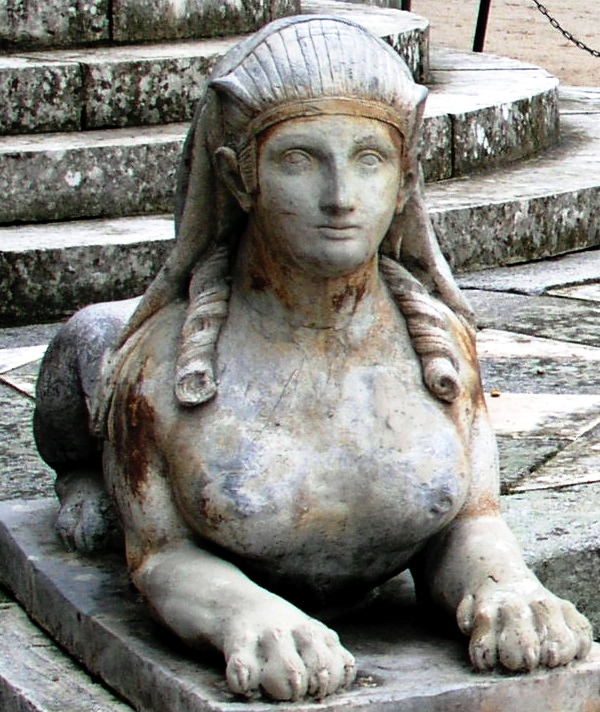I'm not sure what to do about Owen Barfield's "Unancestral
voice". But then, I'm not sure what to do about Owen Barfield himself,
either. The author was a close friend of C.S. Lewis, but there the similarity
ends. Lewis was a traditional Christian, while Barfield was a supporter of
Anthroposophy, a strange new religion developed by Austrian polymath Rudolf
Steiner.
"Unancestral voice" is an exposition of some of Barfield's ideas, written in the form of a novel. There's virtually no plot development, however. The main character, Burgeon, is Barfield's alter ego. Like Barfield, Burgeon works as a solicitor, is interested in quantum physics and perturbed by the moral laxities of the 1960's. He is periodically visited by a mysterious being called the Meggid, a being which claims to be a servant of Michael (presumably the archangel Michael). The Meggid, who also calls himself Anthroposophia, reveals various esoteric truths to the initially somewhat confused solicitor. These truths are, of course, broadly similar to the message of Steiner.
It's an interesting concept, but unfortunately the "novel" is extremely uneven. The best (or best-written) part is the discussion between Burgeon-Barfield, the Catholic Chevelier and the Buddhist Grimwade. Another well-written exposition concerns Lucifer, Ahriman and their respective roles in the evolution of human consciousness. Otherwise, the book feels like a couple of lecture notes and diary leaves, badly strung together. While "Unancestral voice" isn't particularly humorous, I did chuckle a bit when Burgeon's friend, the young quantum physicist Kenneth Flume, gets possessed by the Meggid during a scientific conference and quips that the best explanation for quantum phenomena is that they are controlled by personal spirits! Strangely, the assembled scientists remain lethargic. On a real conference they wouldn't...
It would be interesting to know how much of the book *is* taken from Barfield's diaries (if he had any). Did Barfield really believe he got messages from a spirit-being, talking inside his head during meditative trances? Did he really know a young scientist working for David Bohm? (Henri Bortoft, perhaps?) Are Chevelier and Grimwade based on real life people?
I'm not sure whether "Unancestral voice" really is a good introduction to Anthroposophy, or even to Barfield's own ideas. I almost suspect not. In Barfield's version, Lucifer is the force of dead tradition, while Ahriman wants to replace it with his own artificial creations. Both oppose real, spiritual evolution and transformation. In other Anthroposophical literature I've read, the two evil spirit-beings are described somewhat differently (at least Lucifer). Rudolf Steiner's weird idea that there were two boys named Jesus is introduced, but the Meggid never explains the Mystery of Golgotha, which Steiner regarded as the most important event in world history. At least the pantheist and animist traits of Anthroposophy are clear enough: human evolution is overseen by personal spirits, participation in nature is seen as a spiritual goal to strive for, and the thing Barfield calls "Spirit" seems to be what Hindus would refer to as "Atman". And Atman is Brahman, right?
In the end, I only award "Unancestral voice" two stars.
Just don't forget...interior is anterior.
Yours truly,
A servant of Gabriel

No comments:
Post a Comment